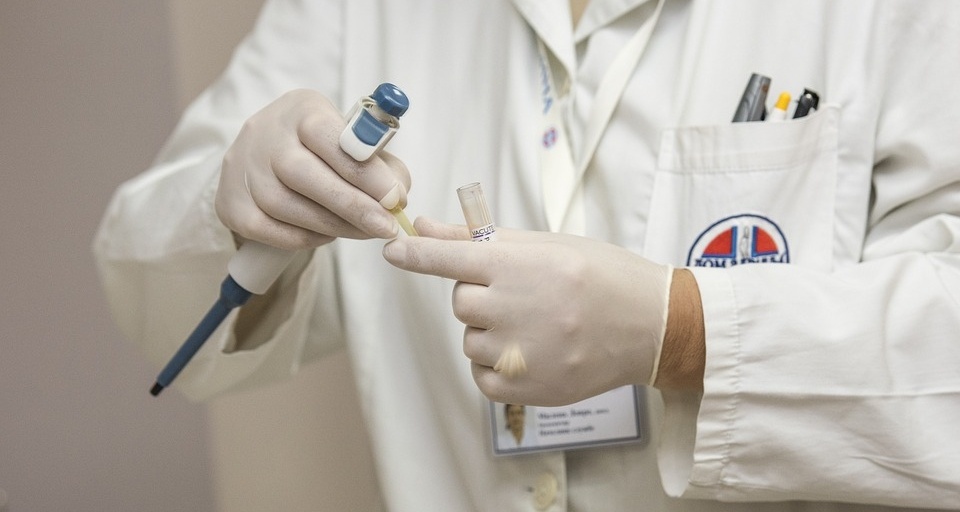Everything independent doctors need to know about the 21st Century Cures Act

The bipartisan 21st Century Cures Act was passed in the Senate earlier this week after the House of Representatives voted in favor of the bill last week. The Cures Act will now land on President Obama’s desk, where it is expected to be signed into law. As the largest healthcare-focused bill since Obamacare, what’s at stake for independent practices?
EHR use and adoption
Most notably for physicians the Cures Act has specific provisions concerning the use and adoption of EHRs. The bill details EHR use as a component of its efforts toward empowering providers to improve the quality of care for their patients. More specifically, the legislation outlines the development of strategies to mitigate physician reporting burdens.
The law requires the Secretary of Health and Human Services to “establish a goal with respect to the reduction of regulatory or administrative burdens (such as documentation requirements) relating to the use of electronic health records,” and correspondingly devise a strategy to fulfill this goal no later than one year after the Act’s passage.
At the same time, the bill outlines strategies to incentivize the adoption and meaningful use of EHRs and names value-based care programs such as Medicare Access and CHIP Reauthorization Act of 2015 (MACRA) as important programs to be addressed when devising strategies around care quality improvements.
Health IT certification
The new law also touches on health IT certification with language regarding the The Office of the National Coordinator for Health Information Technology (ONC)’s role in disseminating a set of requirements for EHR vendors and technology developers to observe in order to raise certification standards.
Specifically, the rules must ensure developers do not intentionally engage in “information blocking” that might “inhibit the appropriate exchange, access, and use of electronic health information,” according to the law.
Interoperability
Another aim for the Cures Act is to drive interoperability between EHR systems and facilitate data exchange. “The development of new drugs and devices is meaningless unless they are delivered to the right patients at the right time,” according to a statement from House representatives. “Cures will help improve delivery by: ensuring electronic health record systems are interoperable for seamless patient care and help fully realize the benefits of a learning healthcare system.
In an effort to the accomplish this goal, the bill plans to establish a provider directory for data exchange and standardize data exchange methods, among other tactics.
What does this mean for independent providers?
Overall, independent providers should benefit from the provisions in the Cures Act. Though many of the EHR standards and requirements are already available in a Clinical First EHR, the Act makes positive strides toward expanding those standards to all systems. The Act’s focus on interoperability is also a legislative marking point. With increased interoperability, independent providers can better collaborate on care and ultimately improve care outcomes.
Do you have questions about upcoming changes? Contact one of our practice specialists today!







